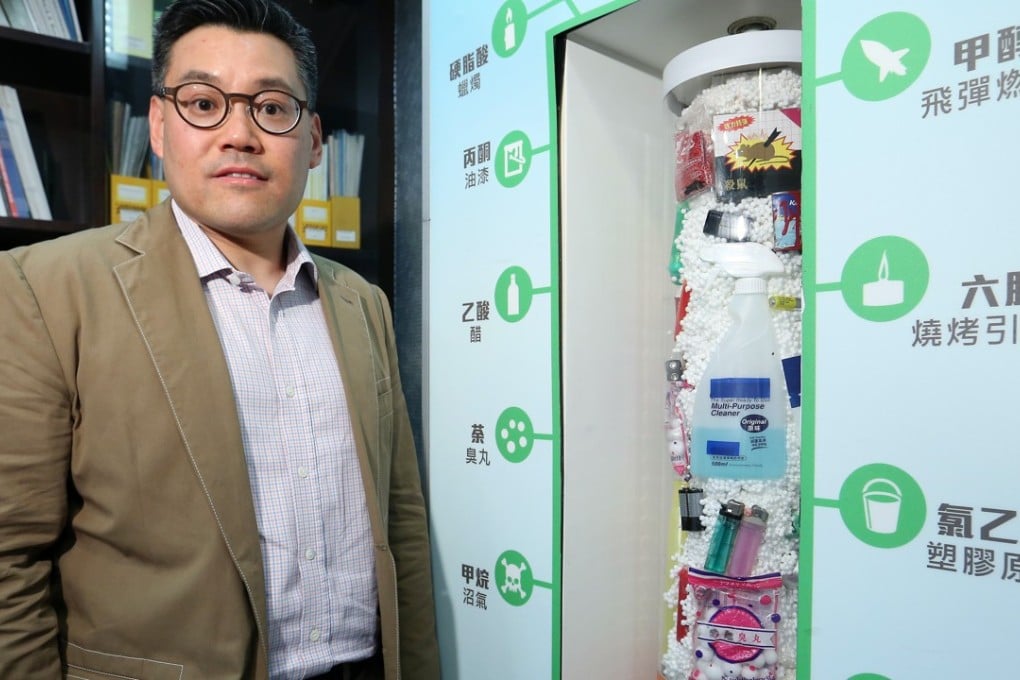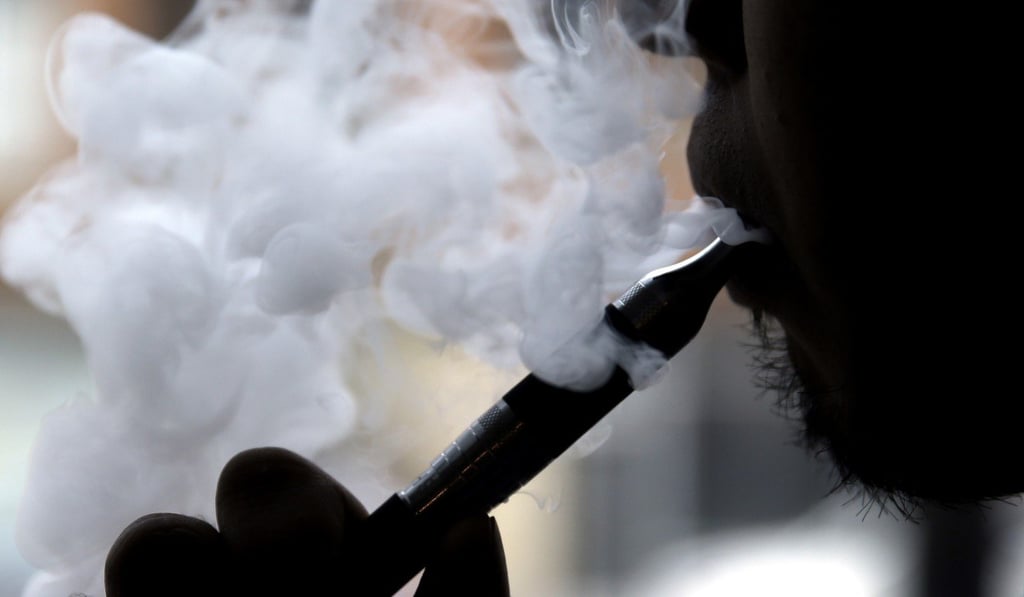Are e-cigarettes all smoke and mirrors? One man’s quest for clean Hong Kong air
Antonio Kwong, chairman of the Hong Kong Council on Smoking and Health, is worried about a new trend targeted at young people or those who want to quit smoking

With the daily smoking rate of Hong Kong’s population at a record low, one might think public health advocate Antonio Kwong Cho-sing could not be any happier as head of the Hong Kong Council on Smoking and Health, an anti-smoking activist group.
But he now faces a new challenge that has reared its ugly head: e-cigarettes.
“If I have the power to make it work, I wish Hong Kong can be a smoke-free society, Kwong says. “Is this a far-fetched idea? I personally don’t really think so.”
Fewer smokers in Hong Kong but among those who light up, more are turning to e-cigarettes, survey reveals
A census report released in March showed that although the proportion of regular smokers in Hong Kong had dropped to 10 per cent of the total population – the lowest figure ever – the use of electronic smoking devices among this group is on an alarming upwards trend.
Those above the age of 15 using e-cigarettes and heat-not-burn tobacco products rose almost sixfold in two years, from less than 1,000 in 2015 to 5,700 last year, according to the report, which polled 10,000 households in the second half of last year.

Such products work by creating a vapour from a mixture of propylene glycol, glycerine and flavourings – often including nicotine – that replicates the smoking experience but without most of the toxic chemicals found in traditional cigarettes. However, recent local studies and experts worldwide have shed light on the fact that the substances in such products are still extremely unhealthy.